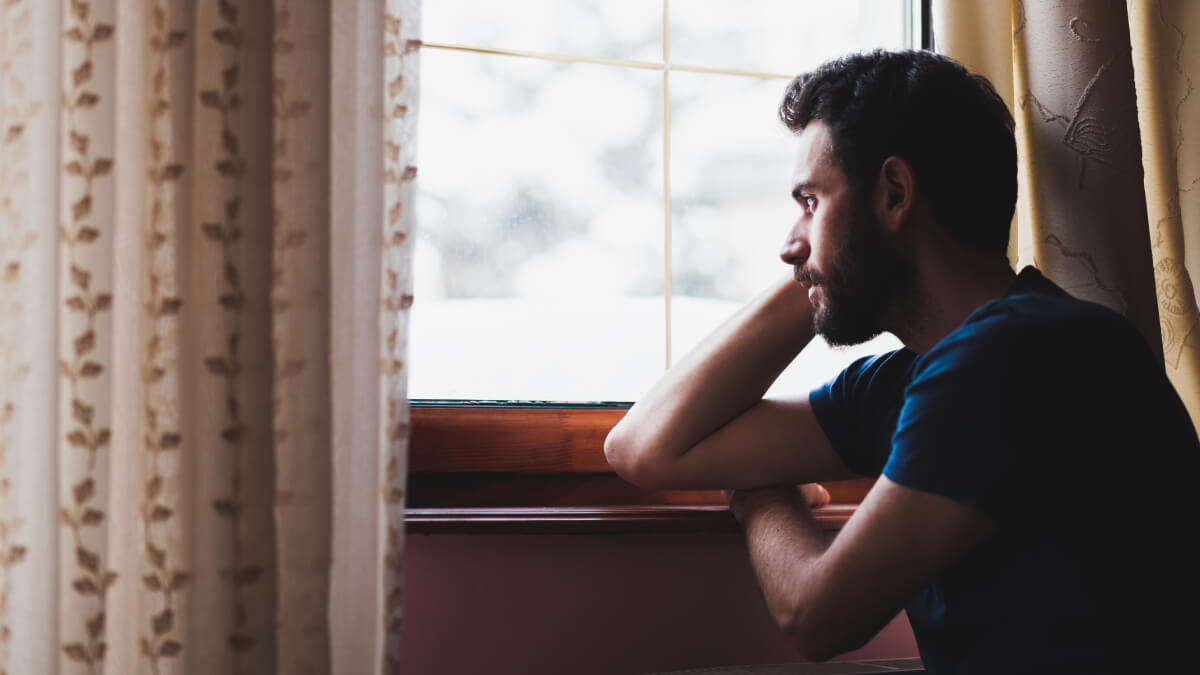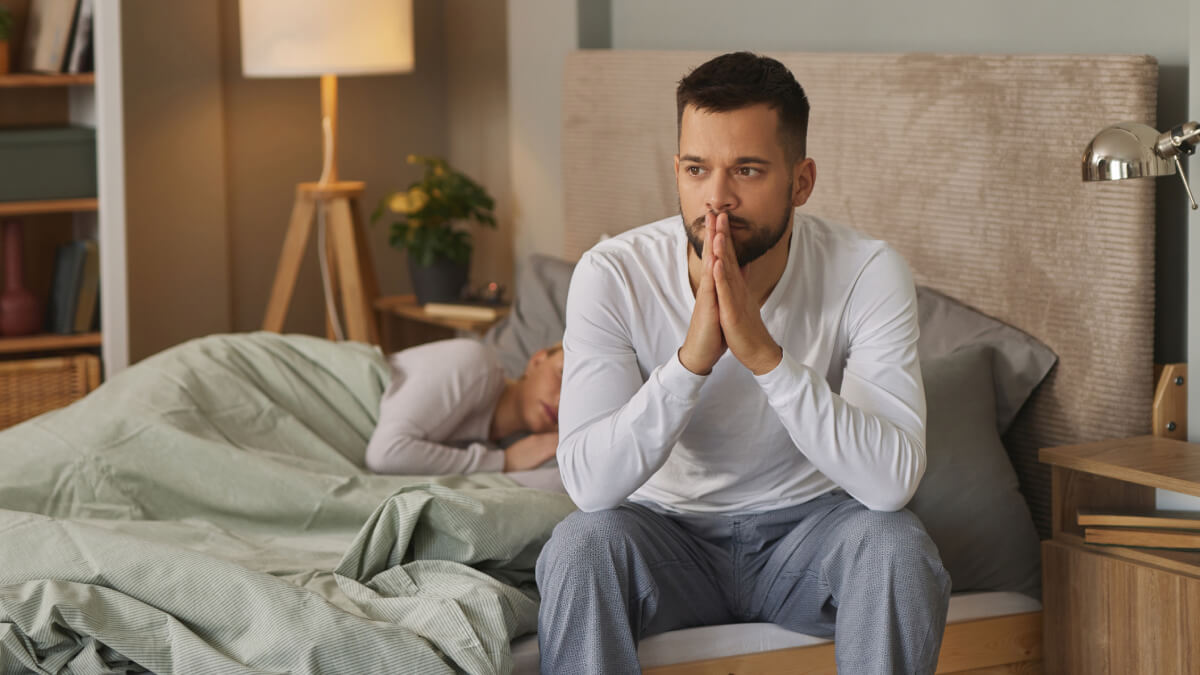In 2024, I watched a harrowing documentary on Netflix entitled “My Wife, My Abuser”. What struck me most was watching how a strong, intelligent, and outwardly successful man was brought to his knees by his partner. It really made me consider how many other men are living in situations that are similar to his.
Understanding Domestic Abuse Against Men
When we think about domestic abuse, the image that often comes to mind is that of a woman suffering at the hands of a man. While this is a critical issue that deserves attention, there is another side to the story, one that remains largely hidden. Men, too, experience domestic abuse, often in silence, and often with nowhere to turn. I’m a clinical psychologist that specialises in psychological and emotional abuse, and have seen first-hand the effects of staying in these abusive relationships.
- The Reality Of Male Victims
- The Weight Of Shame
- The Mental Health Impact
- Barriers To Seeking Help
- Seeking Support
The Reality Of Male Victims
Men of all ages and backgrounds can be victims of domestic abuse. Abuse is not just physical. It can be emotional, verbal, financial, or even sexual. Some men endure relentless insults, humiliation, and psychological manipulation. Others find themselves financially controlled, threatened with false accusations, or cut off from family and friends.
Statistics indicate that men are far less likely to report abuse or seek help. According to the Office for National Statistics, approximately 700,000 men in England and Wales experience domestic abuse each year.
However, the true figure is likely much higher, as many cases go unreported due to fear of stigma, shame, or not being believed. Research also suggests that male victims of abuse are less likely than female victims to be offered help by services, compounding their sense of isolation.
Furthermore, in my practice at any rate, a lot of victims simply don’t know that what they were experiencing was abuse because it is so skillfully administered and happens insidiously over time that they begin to believe it’s normal. It’s only when they come to therapy for other reasons, such as depression or fighting with their partners, that we begin to unravel the abuse.

The Weight Of Shame
One of the most damaging aspects of domestic abuse is the shame that comes with it. Many men who experience abuse feel a deep sense of embarrassment, fearing that admitting victimhood will make them appear weak or unmanly. Society has long reinforced the idea that men should be strong, in control, and resilient. These outdated beliefs make it even harder for men to reach out for support.
Shame can be paralysing. It can make you question your reality, convincing you that what you’re experiencing isn’t “bad enough” to be considered abuse. You might downplay your pain, telling yourself that others have it worse. But the truth is, abuse isn’t just about physical harm. It’s about control, coercion, and emotional suffering.

The Mental Health Impact
Experiencing abuse, whether physical or psychological, can take a serious toll on mental health. Many men in abusive relationships develop anxiety, depression, post-traumatic stress disorder (PTSD), or even suicidal thoughts. Feeling trapped, isolated, or emasculated can erode self-worth. You might find yourself withdrawing from loved ones, struggling to concentrate at work, or losing interest in things you once enjoyed.
Studies have shown that men who experience domestic abuse are at higher risk of developing post-traumatic stress symptoms, and many turn to unhealthy coping mechanisms such as alcohol or substance use. Without intervention, these struggles can spiral, making it even harder to break free from the cycle of abuse.

Barriers to Seeking Help
There are many reasons why men hesitate to seek support:
- Fear of Not Being Believed – Many men worry that if they report abuse, they will not be taken seriously.
- Legal Concerns – Fathers in abusive relationships may fear losing access to their children.
- Lack of Services – Support services often focus on female victims, making it harder for men to find tailored help.
- Stigma – The societal expectation that men should be strong and self-sufficient can discourage them from reaching out.
But here’s the truth: Abuse is abuse, regardless of gender. No one deserves to live in fear, and no one should have to endure mistreatment in silence.

Seeking Support
If you are in an abusive relationship, you are not alone. There is help available. Organisations such as Men’s Advice Line (0808 801 0327) and ManKind Initiative (01823 334244) offer confidential support for men experiencing domestic abuse. Seeking therapy can also be incredibly beneficial, helping you process your experiences, rebuild your self-esteem, and develop strategies to move forward.
You don’t have to prove your suffering to anyone. If something doesn’t feel right, trust yourself. Abuse isn’t just about bruises; it’s about control, fear, and the gradual erosion of your well-being.

Moving Forward
Recognising that you are in an abusive relationship is the first step. Reaching out for help is the second. It takes strength to admit that you need support, but doing so is not a sign of weakness—it’s a step towards reclaiming your life.
The best way to heal is to get therapy with an experienced therapist who understands the nuances of abuse, and can help you through the most devastating experience of your life. However, if that is out of reach, and you’re struggling, talk to someone. A friend, a family member, or a helpline.
There is no shame in asking for help. You deserve to be safe, respected, and happy.
Article By Kirsten Stoyell, Clinical Psychologist and LADZ partner. To book a session with Kirsten, connect with her on the LADZ app.





